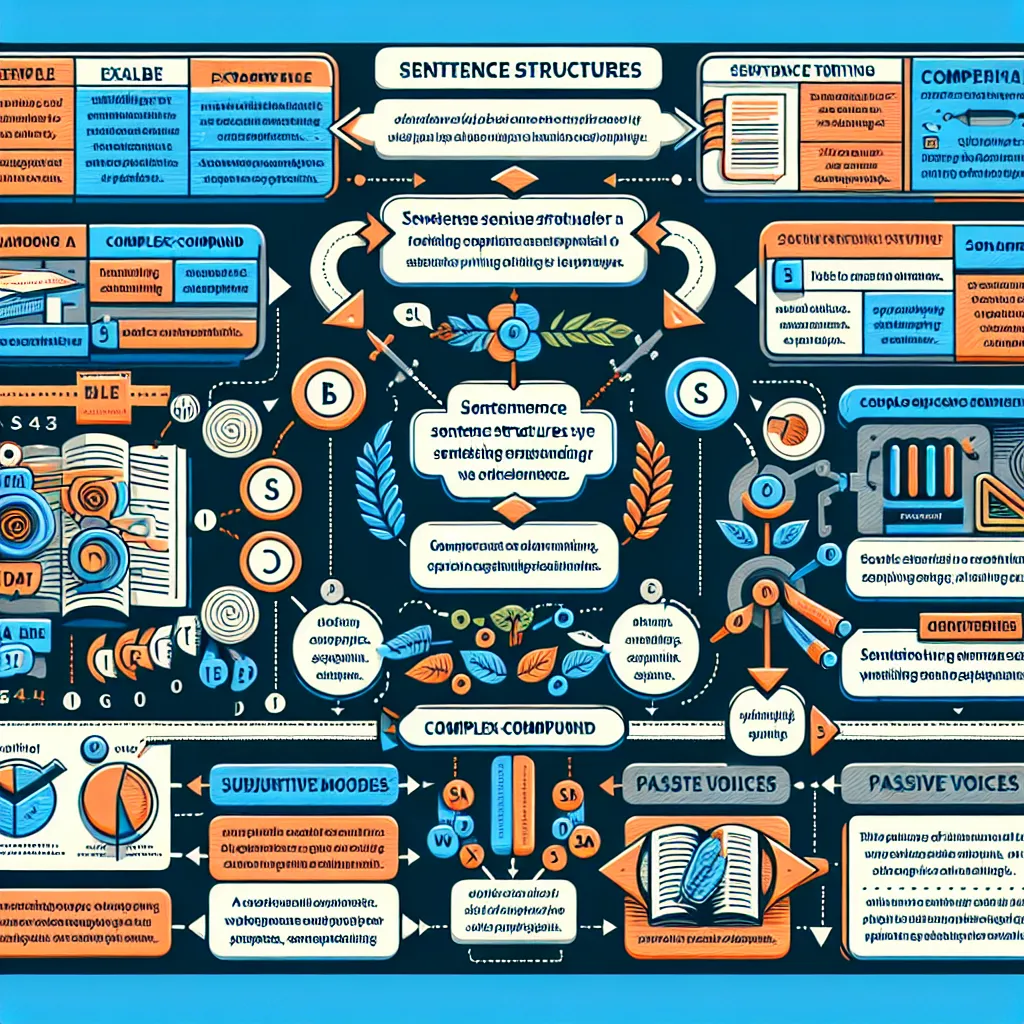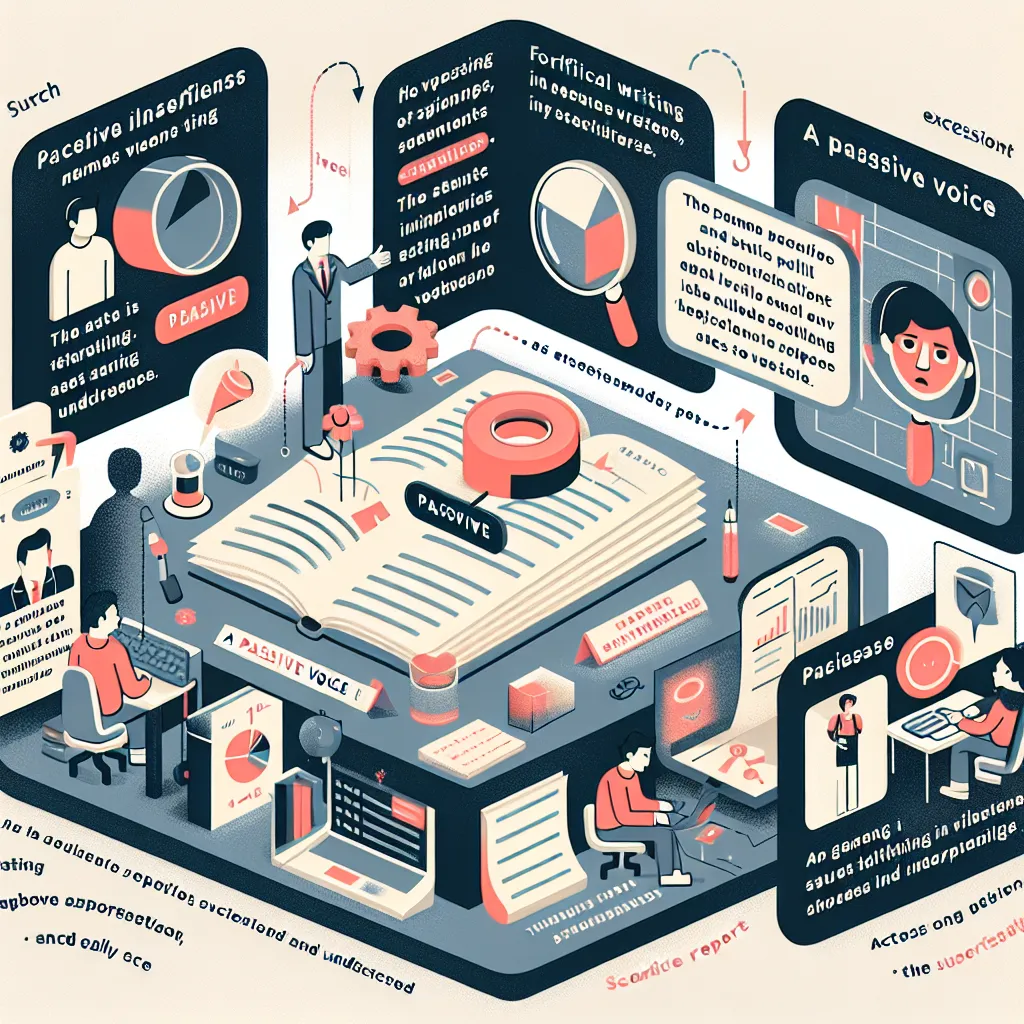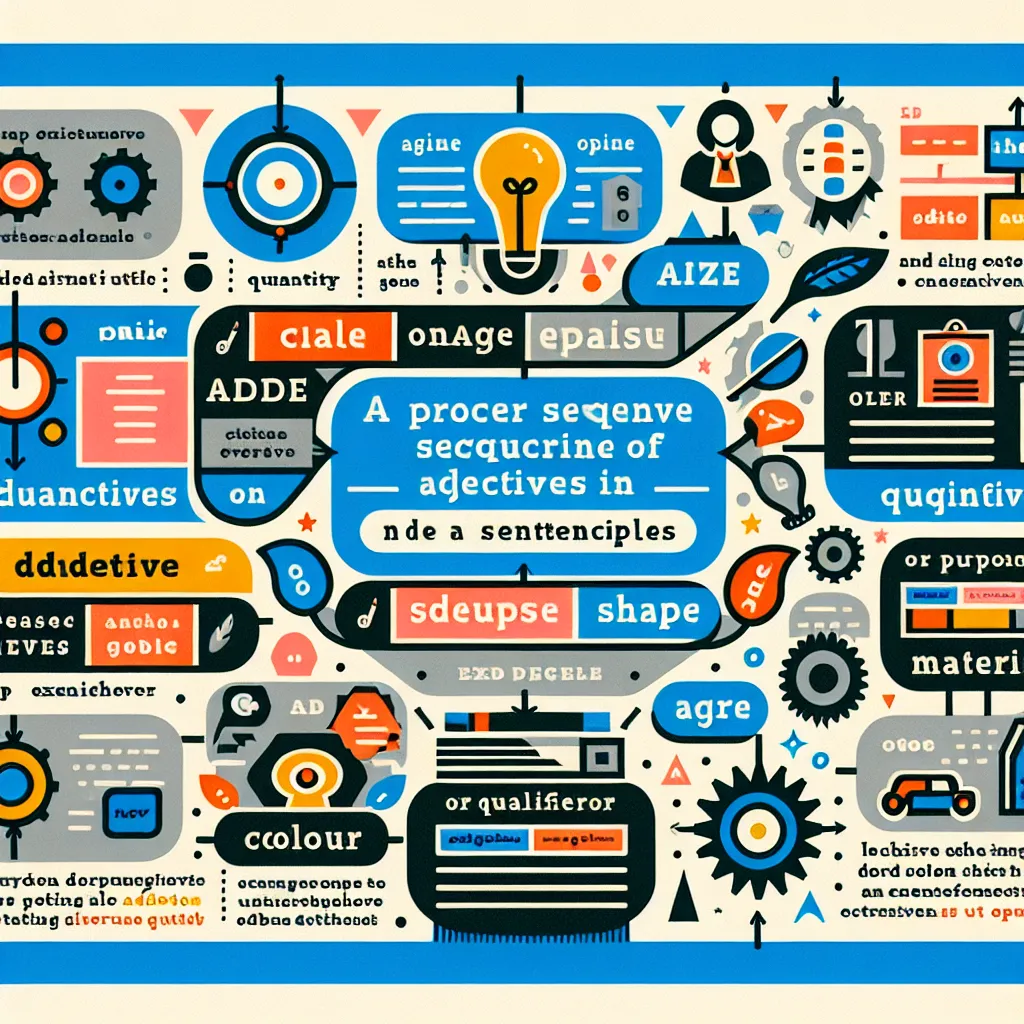Are you struggling to polish your grammar for research proposals? Look no further! This comprehensive guide will help you enhance your writing skills and create impeccable research proposals. Whether you’re a student, researcher, or professional, mastering grammar is crucial for presenting your ideas clearly and persuasively.
Why Grammar Matters in Research Proposals
Grammar plays a pivotal role in research proposals, as it directly impacts the clarity, credibility, and overall effectiveness of your work. A well-written proposal with flawless grammar demonstrates professionalism and attention to detail, increasing your chances of securing funding or approval for your research project.
 Research Proposal Writing
Research Proposal Writing
Common Grammar Challenges in Research Proposals
Before we delve into tips for perfecting your grammar, let’s identify some common challenges:
- Subject-verb agreement
- Pronoun usage
- Tense consistency
- Parallel structure
- Punctuation errors
- Misplaced modifiers
Recognizing these issues is the first step towards improving your writing. Now, let’s explore strategies to overcome these challenges and elevate your research proposal grammar.
Essential Tips for Perfecting Grammar in Research Proposals
1. Master Subject-Verb Agreement
Ensuring proper subject-verb agreement is fundamental to clear writing. In research proposals, complex subjects can sometimes lead to confusion. Here are some tips:
- Identify the main subject of your sentence
- Pay attention to singular and plural forms
- Be cautious with collective nouns
Example:
Incorrect: “The data shows promising results.”
Correct: “The data show promising results.” (Data is plural)
2. Use Pronouns Correctly
Pronouns can be tricky, especially in formal writing. Follow these guidelines:
- Ensure pronoun-antecedent agreement
- Avoid ambiguous pronoun references
- Use “who” for people and “that” or “which” for things
Example:
Unclear: “The researchers conducted the experiment, which was successful.”
Clear: “The researchers conducted the experiment, and it was successful.”
3. Maintain Tense Consistency
Consistency in verb tense is crucial for a coherent research proposal. Consider these points:
- Use present tense for general truths and proposed actions
- Use past tense for completed actions or previous research
- Be consistent within paragraphs and sections
Example:
Inconsistent: “The study aims to investigate the effects of climate change. We collected data from various sources.”
Consistent: “The study aims to investigate the effects of climate change. We will collect data from various sources.”
4. Employ Parallel Structure
Parallel structure improves readability and elegance in your writing. Apply it to:
- Lists and bullet points
- Comparative statements
- Phrases in a series
Example:
Non-parallel: “The research involves collecting data, analyzing results, and we will report our findings.”
Parallel: “The research involves collecting data, analyzing results, and reporting findings.”
5. Perfect Your Punctuation
Proper punctuation is essential for clarity and professionalism. Focus on:
- Correct use of commas, semicolons, and colons
- Appropriate placement of quotation marks
- Proper use of hyphens and dashes
Example:
Incorrect: “The study’s findings which were unexpected, challenged existing theories.”
Correct: “The study’s findings, which were unexpected, challenged existing theories.”
6. Eliminate Misplaced Modifiers
Misplaced modifiers can lead to confusion or unintended humor. To avoid them:
- Place modifiers close to the words they modify
- Rearrange sentences if necessary
- Use subordinate clauses for clarity
Example:
Misplaced: “Having completed the literature review, the research gap became apparent.”
Correct: “Having completed the literature review, we identified the research gap.”
Advanced Grammar Techniques for Research Proposals
To take your research proposal writing to the next level, consider these advanced techniques:
-
Use of the Subjunctive Mood: Employ the subjunctive mood for hypothetical situations or recommendations. For example: “We recommend that the committee approve this proposal.”
-
Mastering Complex Sentence Structures: While clarity is paramount, skillfully crafted complex sentences can elevate your writing. For instance: “Although previous studies have explored similar topics, our research aims to fill a critical gap by employing a novel methodology that combines quantitative and qualitative approaches.”
-
Effective Use of Transitional Phrases: Enhance the flow of your proposal with appropriate transitional phrases. For example: “Furthermore,” “In contrast,” “Consequently,” etc.
For more insights on mastering complex grammar structures in formal contexts, check out our guide on how to master subjunctive in formal contexts.
 Grammar Checklist
Grammar Checklist
Tools and Resources for Grammar Improvement
To support your journey towards grammatical perfection, consider using these tools and resources:
- Grammar Checkers: Grammarly, ProWritingAid, or Hemingway Editor
- Style Guides: APA, MLA, or Chicago Manual of Style
- Online Courses: Coursera, edX, or Udemy grammar courses
- Reference Books: “The Elements of Style” by Strunk and White, “On Writing Well” by William Zinsser
For more comprehensive guidance on proposal writing, including grammar tips, explore our article on perfecting grammar for grant proposals.
Common Pitfalls to Avoid
Be aware of these common grammar pitfalls in research proposals:
- Overuse of passive voice
- Excessive jargon or technical language
- Redundancy and wordiness
- Inconsistent formatting of numbers and units
- Improper use of abbreviations and acronyms
By avoiding these pitfalls, you can significantly improve the clarity and professionalism of your research proposal.
Practical Exercises for Grammar Improvement
To reinforce your grammar skills, try these exercises:
-
Sentence Combining: Take simple sentences from your proposal draft and combine them into more complex, eloquent structures.
-
Paragraph Revision: Select a paragraph from your proposal and revise it, focusing on one specific aspect of grammar (e.g., parallel structure or pronoun usage).
-
Peer Review: Exchange drafts with a colleague and provide feedback on each other’s grammar and style.
-
Tense Consistency Check: Go through your proposal and highlight all verb tenses. Ensure they are consistent and appropriate for each section.
For more advanced grammar exercises tailored for proposal writing, visit our guide on advanced grammar for grant writing.
Conclusion
Perfecting Grammar For Research Proposals is a continuous process that requires practice, attention to detail, and a willingness to learn. By following the tips and strategies outlined in this guide, you can significantly enhance the quality of your research proposals, making them more compelling and professional.
Remember, excellent grammar is not just about following rules; it’s about effectively communicating your ideas and research objectives. As you apply these techniques, you’ll find that your proposals become clearer, more persuasive, and more likely to succeed.
Keep practicing, stay curious about language, and don’t hesitate to seek feedback. With dedication and the right resources, you can master the art of grammatically perfect research proposals.
For further guidance on refining your proposal writing skills, including grammar and style, check out our comprehensive article on perfecting grammar for proposal writing.




